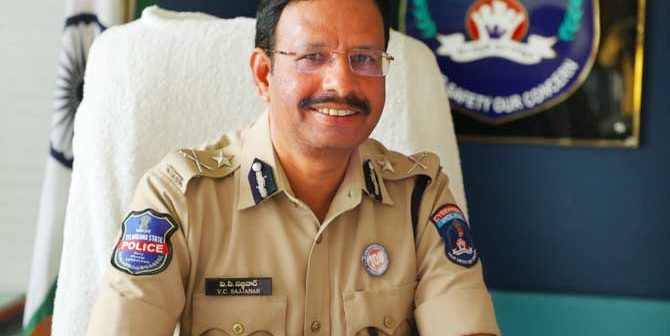The recent encounter of Akshay Shinde, accused of raping two minor girls in Badlapur, Maharashtra, has raised significant debate about law enforcement’s role in delivering justice. According to the police, Shinde was shot after snatching a gun and firing at officers while in custody
This event mirrors the actions of V.C. Sajjanar in two high-profile cases in Karnataka and Telangana, where similar extrajudicial killings were celebrated by the public but raised concerns among legal experts.
Shinde’s alleged crime had sparked massive protests across Maharashtra, with citizens demanding swift justice for the victims(.However, some opposition figures and legal experts have questioned the official account of the encounter. There are allegations that the encounter may have been staged to protect individuals connected to the school where the crime took place. The chief minister defended the encounter, stating it was an act of self-defense by the police, while some political leaders have called for a judicial probe.
This incident evokes memories of Sajjanar’s handling of two similar cases, particularly the 2019 Hyderabad case where four men accused of gang-raping and murdering a veterinarian were killed in police custody.That encounter was widely celebrated by the public, who were frustrated with the perceived slow pace of the judicial system. Similarly, Sajjanar’s earlier involvement in a 2008 acid attack case in Karnataka also ended in an extrajudicial killing that was praised by the publi.In both cases, the police claimed the accused attempted to escape or attacked officers, leading to their deaths.
Public celebrations following these encounters reveal a deeper societal mindset that favors quick, visible punishment over the drawn-out process of trials. This sentiment is driven by frustration with the judicial system’s delays in delivering justice, especially in cases of sexual violence. For many, these encounters represent a form of “swift justice,” which they see as a necessary response to crimes of such heinous nature. However, legal experts argue that extrajudicial killings, even in the name of justice, set a dangerous precedent by eroding trust in the rule of law and enabling potential abuse of power.
In the case of Akshay Shinde, while some view the encounter as rightful retribution, others worry that it bypasses the judicial process, thereby undermining the legal rights of both the victims and the accused. The larger question remains: does the public’s demand for swift justice justify the use of encounters, or are they symptomatic of a broken system that is in dire need of reform?





